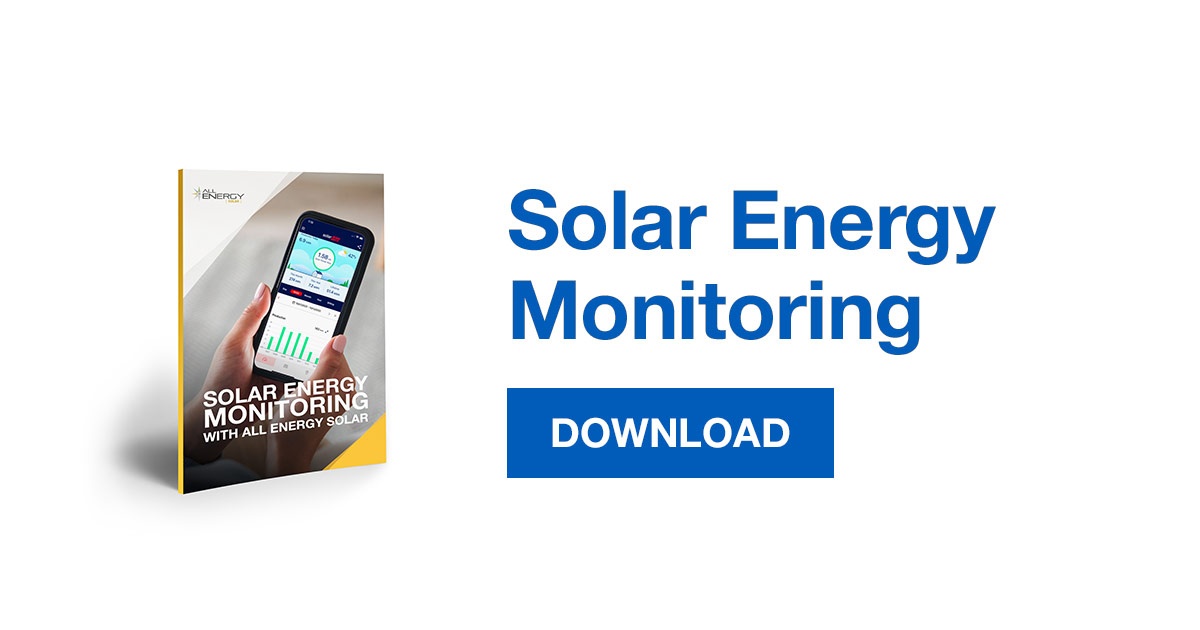
The very basics
When talking about the use of kW and kWh, it’s important you understand what each letter in these abbreviations stands for.
- k = kilo. Which means “one thousand.”
- W = Watt, which is the standardized unit for measuring power.
- h = hour, which refers to the duration of time.
kW, kWh, what’s the difference?
kW stands for Kilowatt, and kWh stands for kilowatt-hour. Although they may sound like the same thing, they are actually referring to different but interrelated things.
Kilowatts (kW)
A kilowatt (kW) is simply a measure of how much power an electrical device uses or, in the case of solar panels, how much it produces. Because most appliances use large amounts of power, kilowatts are used as the default form of measurement. One kilowatt equals 1,000 watts.
Kilowatt-hour (kWh)
A kilowatt-hour (kWh) is a way to measure energy, or the amount of electricity used over time. A kilowatt-hour measures the energy an appliance uses, or a solar panel produces in kilowatts per hour. For example, a 100-watt light bulb operating for ten hours would use one kilowatt-hour of electricity.
Why does kW and kWh matter?
When installing a solar photovoltaic system on your property, you’ll want to keep in mind your energy needs based on your current consumption, the size of your system, and its capacity to produce energy. Both your consumption and your system’s production capacity will be measured in kWh. However, it is essential to remember your solar PV system will also have a peak power measurement that is measured in kW. Peak power represents the maximum power your system can produce under perfect solar conditions e.g. a 5 kW system can produce 5 kW of power at noon (when the sun is at its strongest). Your system can only be designed to accommodate 120% of your system’s annual energy consumption. For reference, the average home uses 10,715 kilowatt-hours of electricity annually, which means a system for an average home size would have an annual estimated production capacity of around 12.858 kWh.
Hopefully, this helped you understand what a kWh is and why it matters so much when considering adding a solar PV system to your property.
To apply your knowledge of kWh and learn more about the benefits of investing in environmentally friendly, clean, renewable solar energy, contact an All Energy Solar representative.





